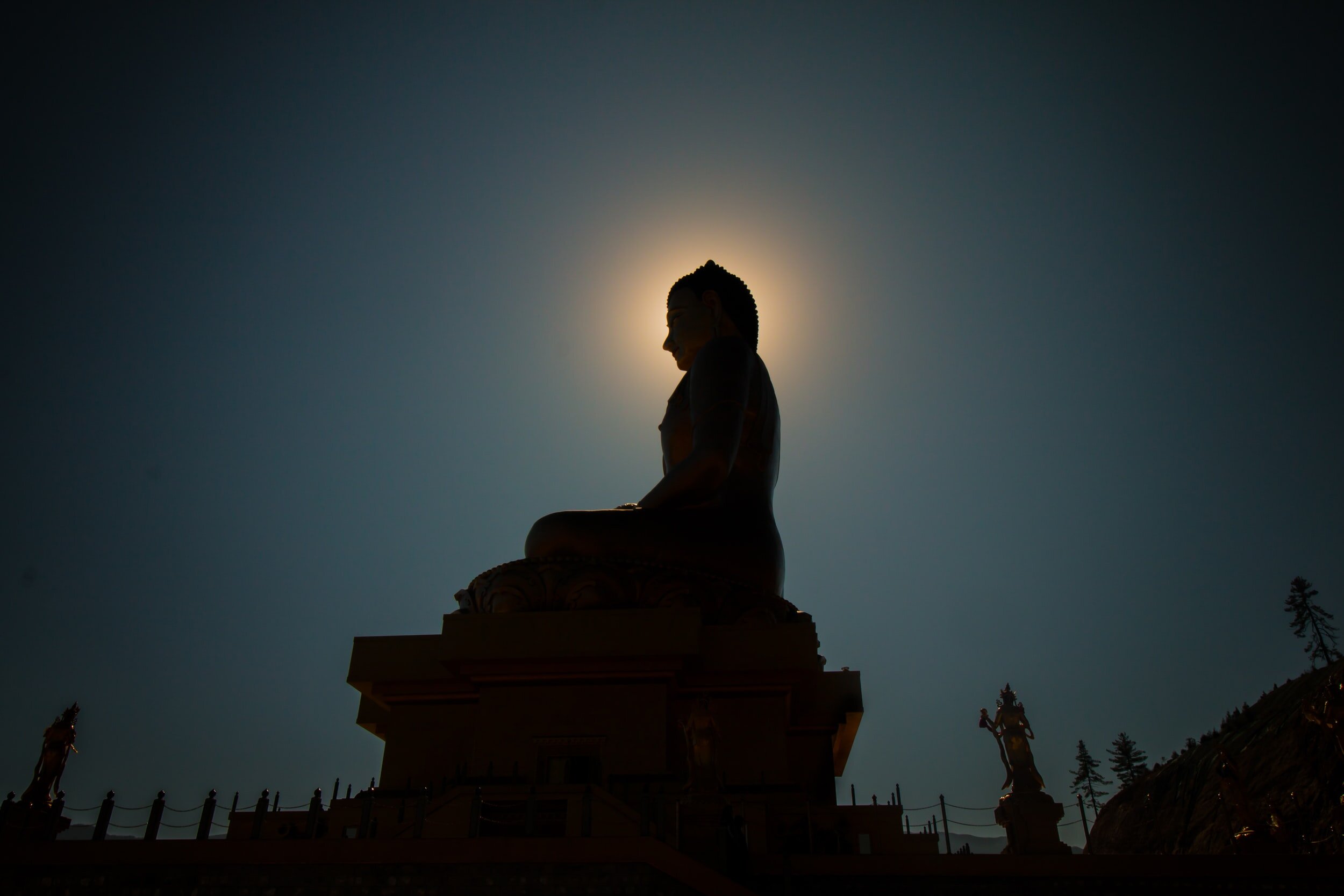
Meditation & Meditation Retreats
“The definition of meditation is a mind that is single-pointedly focused on a virtuous object and whose function is to make the mind peaceful and calm.”
What is Meditation?
Meditation is an ancient technology that has been used for thousands of years by people wishing to deepen their spiritual understanding and grow on the spiritual path. In modern times, people have become increasingly interested in meditation as a way to promote physical and mental well-being amidst their busy daily lives. Meditation has something for everyone – it can be used to promote health by decreasing stress, anxiety, and depression and for developing calmer, happier minds. And if we want, it can even take us to our highest potential, full enlightenment.
By cultivating positive minds such as love, patience, compassion and wisdom in meditation, we naturally begin to develop a light, happy mind that experiences fewer and fewer anxieties, frustrations, and other painful states of mind. Eventually, we will be able to stay happy all the time, even in the most difficult circumstances.
Right now we spend most of our time trying to create an ideal external situation, and thus we spend a great deal of energy trying to control what is happening around us. This often leaves us feeling dissatisfied and unfulfilled. Meditation encourages us to look inwards as the best way to create an ideal life. Why is this?
“In recent years our knowledge of modern technology has increased considerably, and as a result we have witnessed remarkable material progress, but there has not been a corresponding increase in human happiness. There is no less suffering in the world today, and there are no fewer problems. Indeed, it might be said that there are now more problems and greater dangers than ever before.
This shows that the cause of happiness and the solution to our problems do not lie in knowledge of material things. Happiness and suffering are states of mind and so their main causes are not to be found outside the mind. If we want to be truly happy and free from suffering, we must learn to control the mind.”
By training in meditation, we create an inner space and clarity that enables us to control our mind regardless of the external circumstances. Gradually we develop mental equilibrium, a balanced mind that is happy all the time, rather than an unbalanced mind that oscillates between the extremes of excitement and despondency. With this type of inner strength, no situation can fluster us. We may even welcome difficult situations as challenges or opportunities for growth.
A Good Starting Point
Buddhist teachings include meditation instruction for everyone. For beginners, there are many teachings on simple meditations focused on the breath that show us how simple it is for us to control our mind in daily life.
“When the turbulence of distracting thoughts subsides and our mind becomes still, a deep happiness and contentment naturally arise from within. This feeling of contentment and well-being helps us cope with the busyness and difficulties of daily life. So much of the stress and tension we normally experience comes from our mind, and many of the problems we experience, including poor health, are caused or aggravated by this stress. Just by doing breathing meditation for ten or fifteen minutes each day, we will be able to reduce this stress. We will experience a calm, spacious feeling in the mind, and many of our usual problems will disappear.”
Those interested can take their meditation practice further and begin to train in cultivating virtuous, or positive, states of mind and decreasing delusions, or negative states of mind. Through systematically training in meditation in this way, we will eventually come to experience permanent inner peace, known as “liberation” or nirvana.” Then, day and night in life after life, we will experience only peace and happiness.
What Is a Meditation Retreat?
In Guide to Dakini Land, Geshe Kelsang Gyatso explains: “On retreat we stop all forms of business and extraneous activities so as to emphasize a particular spiritual practice. There are three kinds of retreat: physical, verbal, and mental.”
We engage in physical retreat when with a spiritual motivation we isolate ourself from other people, activities, and noise, and disengage from extraneous and meaningless actions; we engage in verbal retreat when with a spiritual motivation we refrain from meaningless talk and periodically keep silence; and we engage in mental retreat by preventing distractions and strong delusions such as attachment, anger, jealousy, and strong self-grasping from arising, and by maintaining mindfulness and conscientiousness.
If we remain in physical and verbal retreat but fail to observe mental retreat, our retreat will have little power. Such a retreat may be relaxing, but if we do not prevent strong delusions from arising, our mind will not be at peace, even on retreat. However, keeping physical and verbal retreat will help us to keep mental retreat, and for this reason Shantideva, in Guide to the Bodhisattva’s Way of Life, praises the first two kinds of retreat.
